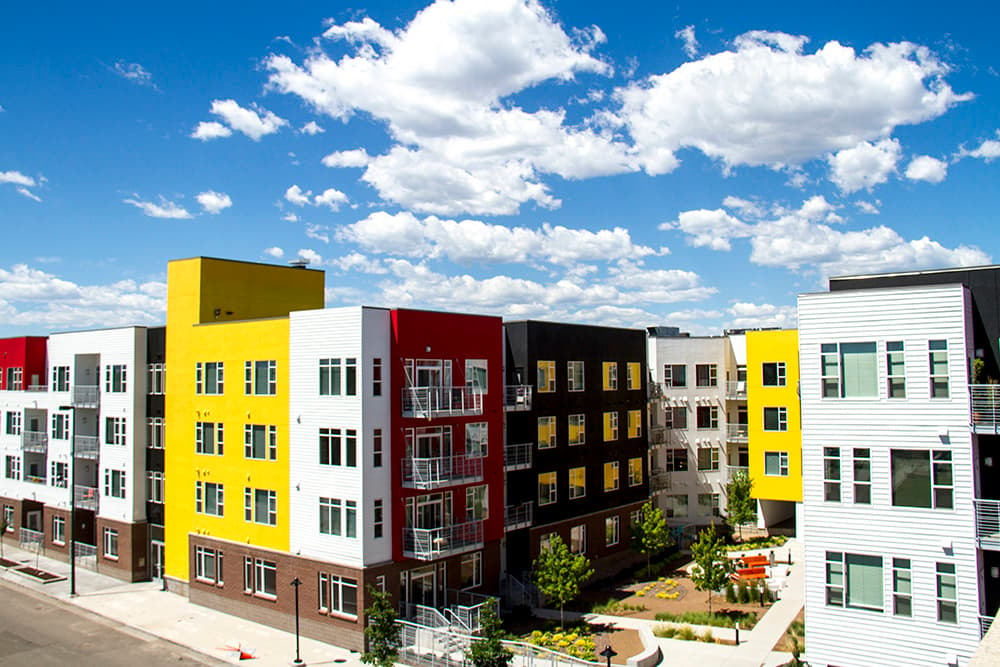
Look, we're probably never going to have rent control in Denver. But even if we did, it wouldn't necessarily be good for those that need it most.
To see why, look to Berlin, where complex rent controls were enacted to combat rising rents in what was a famously cheap city. (Sound familiar?) As City Observatory reports, 85 percent of households in Berlin rent their home.
And now that the rent control policy has been in place for a year, new work has begun to look at its effects. Not only has the law's effects been less than expected, its benefits aren't going to whom you might expect. City Observatory again:
"[Lorenz Thomschke] concludes that the biggest impact of the rent control law has been to lower the prices charged for the largest and most expensive apartments. So, paradoxically, while the law was aimed at easing affordability problems for low and moderate income households, the chief beneficiaries of the law to date have been upper income households."
Anecdotally, the only person I knew who lived in a rent-controlled building works in finance on Wall Street, so this feels truthy to me.
Correction: An earlier version of this story misstated the publication which looked at rent controls in Berlin. That publication is City Observatory.











